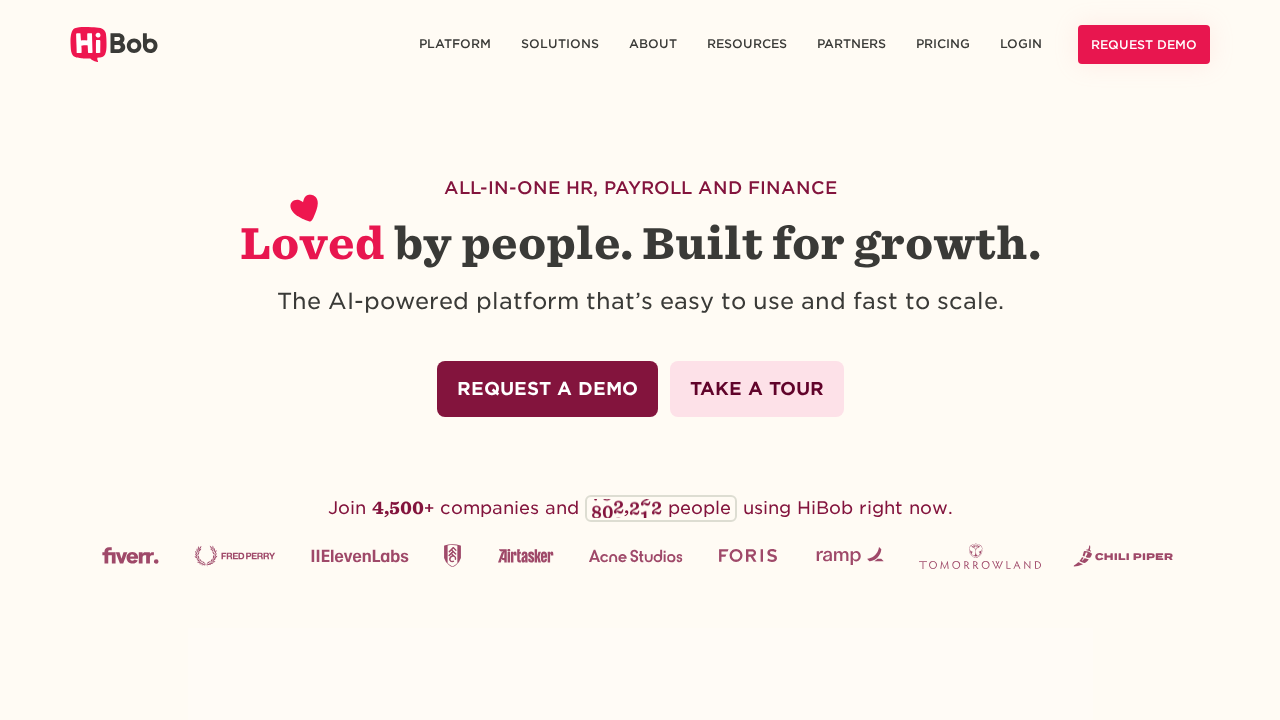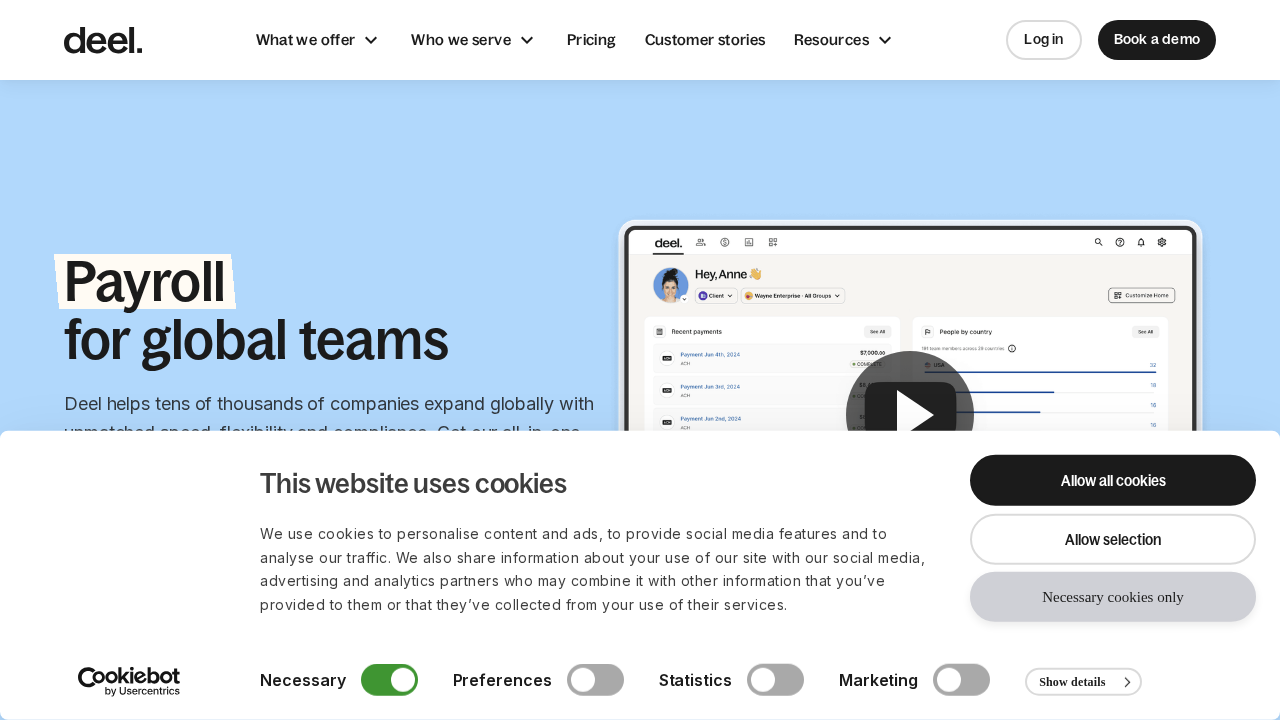When it comes to handling HR, time is a precious resource. Imagine a world where routine reporting becomes effortless, insights are served at your fingertips, and you spend more time driving strategic decisions instead of wrestling with endless spreadsheets. Sounds like a dream, right? Well, it’s time to turn that vision into reality as we step into 2025. With the right tools, you can automate HR reports in minutes, transforming not only your efficiency but also your entire approach to workforce management.
We’ve explored leading platforms that promise to supercharge your HR processes, from payroll to advanced analytics. But not all tools are created equal. Each system comes with a mix of perks and pitfalls, making it crucial to choose the one that truly fits your goals. Ready to discover the top game-changing methods for seamless HR automation? Let’s dive in and uncover the solutions that can redefine the way your HR team operates in the future.
Top apps:
1. Moodbit Copilot
2. HiBob
3. Deel
4. Gusto
5. Zoho People
Moodbit Copilot

In today’s fast-evolving HR landscape, automating workflows and leveraging analytics are becoming indispensable for teams aiming to focus more on people strategy and less on repetitive, manual tasks. Enter Moodbit Copilot, an intuitive generative-AI assistant that transforms HR operations, seamlessly combining conversational analytics, document intelligence, and real-time recommendations.
Pros
- Conversational Data Access: With natural-language queries like “How is employee sentiment trending?” or “What were the key takeaways from last month’s survey?”, HR leaders can retrieve instant, actionable insights without needing technical know-how. This eliminates complexity while keeping data informative and readily available.
- 24/7 Availability: The AI-powered HR chatbot offers uninterrupted support. Employees instantly access up-to-date benefits, policy details, and process information, reducing repetitive queries and empowering HR teams to focus on deeper organizational strategies.
- Broad Integrations: Flexibly plugs into widely-used platforms like Slack, Microsoft Teams, Google Workspace, SAP, and more. By reducing the need for switching tools, workflows are centralized and streamlined, saving both time and resources.
- Security-Driven Implementation: Designed with enterprise-level compliance and data security measures, it ensures peace of mind for organizations handling sensitive employee information.
- Actionable Insights: Goes beyond just numbers by recommending strategic actions, talent plans, and next steps tailored for managers, all based on analyzed data and trends revealed by employee well-being metrics or surveys.
- Time Efficiency: Reports are generated instantly, sparing HR teams hours of manual effort and enabling quick, informed decision-making.
- Cross-Functional Benefits: Serves HR, recruiting, onboarding, internal communications, and operations equally well, making it a versatile solution for diverse teams.
Use Cases
- Survey Analysis: When HR teams need to evaluate the results of company-wide surveys quickly, Moodbit Copilot provides instant summaries and actionable plans from raw data.
- Onboarding and Recruitment Support: New employee contracts, offers, and communication can be processed faster, while analytics help identify the most effective onboarding steps.
- Employee Wellbeing Monitoring: By assessing sentiment trends and survey responses, companies can proactively address issues, implementing systems or perks that drive engagement and morale.
- Routine Administration: Tasks like creating policy documents, drafting responses for common queries, or generating reports become automated, enabling seamless management.
- Personalization for Managers: Managers benefit from all-in-one dashboard insights, enabling them to manage team-specific challenges effectively while staying aligned with broader organizational goals.
Even though it excels in various functional areas, minor adjustments could enhance its touchpoints—such as extending support for lesser-known platforms or further simplifying user interfaces for non-HR contexts. However, these points, while worth considering, do not detract from its core value in radically transforming HR processes.
HiBob

HiBob is a cloud-based HR platform designed to help businesses manage core HR tasks, facilitate employee communication, and provide insights into workforce dynamics. The app emphasizes modern and flexible work policies like “Work From Anywhere” and surveys to align with employee needs.
Pros:
- Focus on employee engagement with surveys and feedback tools.
- Flexibility-driven policies like “Work From Anywhere,” enhancing work-life balance.
- Supports remote work productivity by leveraging trust and collaboration.
Cons:
- Lack of advanced conversational analytics to directly derive actionable insights from people data.
- Minimal automation features for routine HR administrative tasks such as report generation or follow-ups.
- No dedicated HR chatbot for instant employee query resolution, increasing the burden of repetitive tickets on HR teams.
- Limited integration options with external workplace tools and systems, relying mainly on internal processes.
- Does not provide AI-driven strategy recommendations or real-time analytics for decision-making.
Deel

Deel is an all-in-one global payroll, HR, and compliance platform designed to simplify hiring, onboarding, payroll, and workforce management for global teams.
Pros
- Wide geographical coverage, enabling hiring and payroll management in over 130+ countries.
- Compliance monitoring tools providing regulatory updates and risk warnings globally.
- Dedicated support, offering personalized assistance for onboarding and legal requirements.
Cons
- Primarily focused on payroll and compliance, lacking advanced analytics features for employee sentiment and actionable data insights.
- Limited automation capabilities regarding HR tasks such as data-driven strategy generation or personalized wellbeing programs.
- Heavy reliance on self-serve processes, potentially requiring more effort for operational setup compared to fully automated systems.
- Less integration depth beyond payroll and financial management; limited applicability for broader HR functionalities like engagement or talent strategy design.
- No conversational AI features for instant query responses, reducing efficiency for non-technical HR managers seeking quick data insights.
Gusto

Gusto is a payroll and HR management platform designed for small and medium-sized businesses, enabling employers to manage payroll, benefits, compliance, and onboarding through an intuitive interface. It simplifies payroll processes while providing basic HR functionalities like tax filing and time tracking.
Pros
- Streamlines payroll processes with automated tax filings and compliance support.
- Provides state tax registration for all 50 states, which is useful for remote teams.
- Includes benefits management at no extra cost with licensed advisors to help set up health insurance plans.
Cons
- Focuses heavily on payroll and compliance, lacking advanced people analytics and actionable insights.
- Limited HR chatbot capabilities for enhancing employee experience and efficiency.
- Relies on predefined processes and lacks natural language conversational analytics for customized data queries.
- No robust document intelligence features for summarizing or extracting actionable recommendations from uploaded files.
- Integration ecosystem is limited to payroll-specific tools and lacks broader integrations with productivity or collaboration platforms.
Zoho People

Zoho People is a comprehensive cloud-based HR software designed to streamline HR processes, enhance employee engagement, and improve workforce productivity for businesses of all sizes.
Pros:
- Centralized platform for HR operations, including time and attendance, payroll, and employee management.
- Customizable workflows and modules to cater to specific organizational needs.
Cons:
- Lacks conversational data access, making interactive analytics and quick insights unavailable.
- No feature for automating comprehensive and tailored strategy generation based on people-centric insights.
- Limited AI capabilities for extracting and analyzing information from uploaded documents such as contracts or surveys.
- HR chatbot functionality is basic compared to more robust 24/7 contextual support systems.
- Integration ecosystem is focused on traditional tools, without offering seamless workflow automation with broader or more innovative platforms.
Conclusions:
In the ever-evolving world of HR, innovation is the key to staying ahead. Tools like HiBob, Deel, Gusto, and Zoho People each bring unique strengths that cater to various HR challenges. However, most fall short in delivering the hands-free automation, robust analytics, and intuitive human-centric design needed to truly transform processes. The search for a tool that checks every box ends here—because there’s one solution that stands above the rest.
Moodbit Copilot takes HR automation to the next level. With its cutting-edge generative AI, it enables HR teams to turn people data into instantly actionable insights, automates repetitive tasks, and empowers employees with a 24/7 AI chatbot for quick support. Its ability to answer natural-language questions, extract insights from documents, and provide tailored advice blends efficiency with engagement in ways other platforms can’t.
If your goal is to save time, make smarter decisions, and put people first in your organization, then it’s time to explore Moodbit Copilot. Operating at the intersection of technology and employee well-being, it’s designed to help HR teams not just keep up but lead the charge into a more efficient, dynamic, and people-focused future. Ready to upgrade your HR game? Start with Moodbit and see the transformation firsthand.